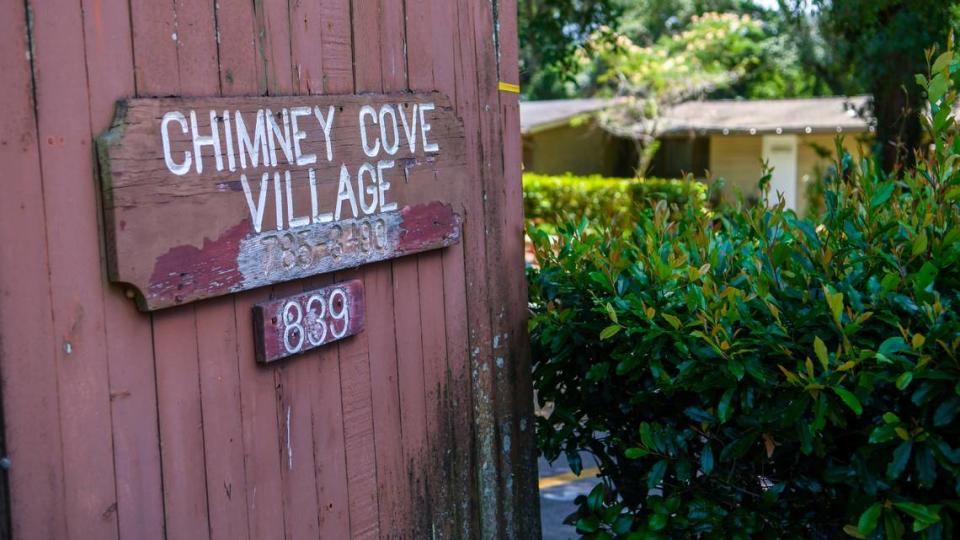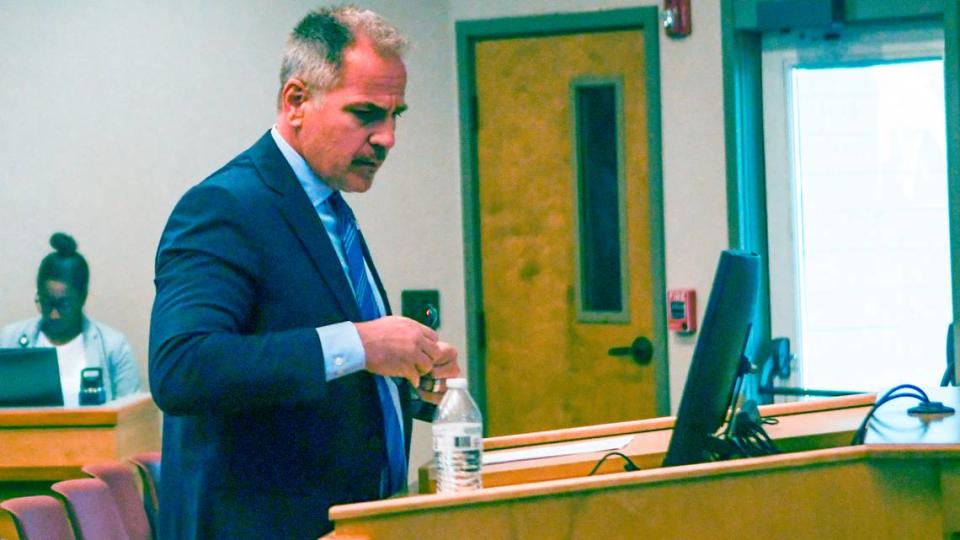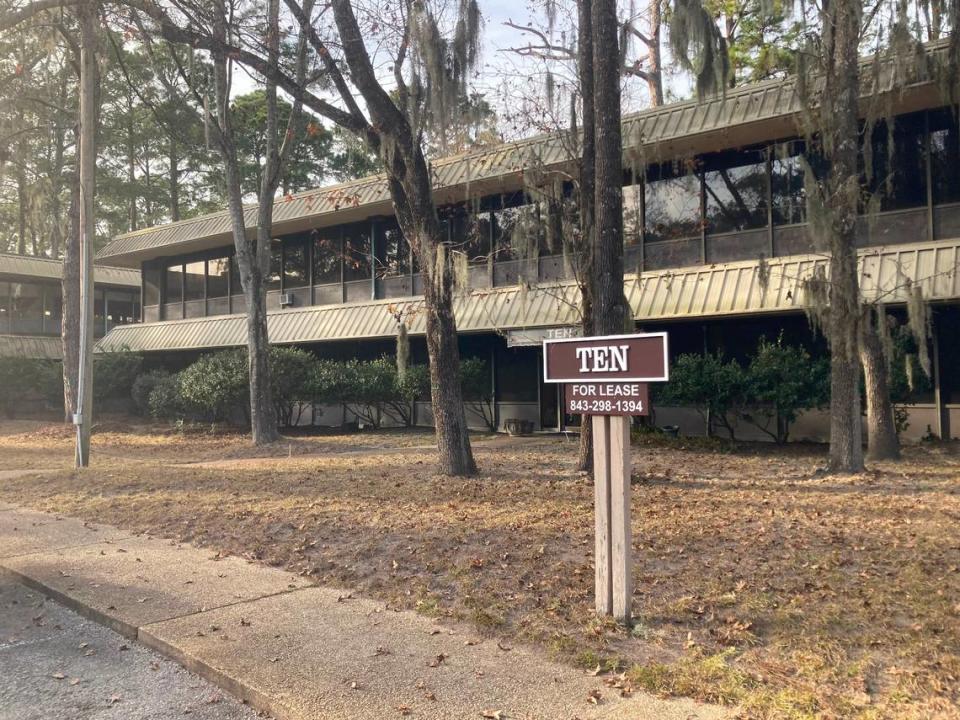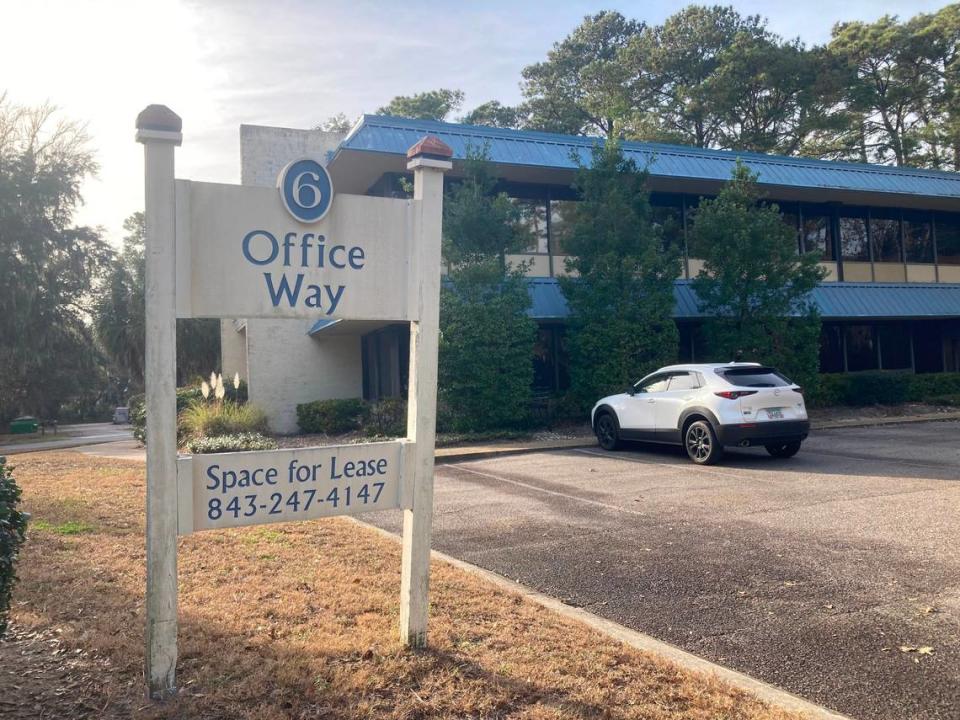Year after Hilton Head eviction scare, how has the town addressed affordable housing?
Last August, hundreds of working islanders returned to their homes at Hilton Head’s Chimney Cove to unexpected eviction notices that gave them just 30 days to vacate and find new places to live. Affordable housing since become a top priority, spawning new jobs and frameworks the town is working to execute.
The attempted mass eviction was a devastating blow that, although the notices were later rescinded, signaled a property sale on the horizon that would transform the area drastically. Local churches and nonprofits rallied to help what tenants they could in the short term, but plans to redevelop the area into an upscale condominium complex unaffordable to Chimney Cove’s current residents are still in motion.
The displacement emergency heralded new urgency on a topic that long-time islanders recognize has plagued Hilton Head for decades: Rising housing costs are driving more people to the mainland, especially the service workers that make up the backbone of Hilton Head’s tourism economy. Town officials who won their seats in the election just months after the Chimney Cove crisis, such as Mayor Alan Perry and councilors Steve Alfred and Patsy Brison, spent much of their campaigns addressing housing costs.
On Wednesday, the town held a workshop outlining its strategic plan for the next several years and evaluating its progress toward those goals. The third priority on a list of the top 15 was workforce housing.
A year after the eviction emergency, what has changed to help Hilton Head retain its workforce?

What’s the government’s role?
Shortly after The Island Packet reported on Chimney Cove, then-Mayor John McCann called a special meeting of the town council to revisit the familiar subject with renewed intensity.
At that meeting, several members of the public and town councilors were enthusiastic about the potential of public-private partnerships to construct affordable housing projects, meaning some public support is offered for the project, but it is owned and largely paid for by a private investor. Before Chimney Cove, the town had already announced its intent to find a private partner for such a build near the island’s north end post office.
The timeline for that project has been pushed from earlier expectations. In May, town manager Marc Orlando said he expected a partner to be found by “very early June.” Today, a partner has not been finalized.
Hilton Head is prepared to put $1 million toward the project through American Rescue Plan funding. Orlando told The Island Packet Wednesday that, due to high interest rates and tight real estate markets, the private side of the partnership is moving cautiously.
“There are many of many developers out there that are refining their project financing in a tough time with high interest rates,” Orlando said. “The matter is, this is just the fact, it’s not the town’s public project is behind schedule. It’s just we’re relying on the capital markets, and a lot of those investors are working through their financing.”
During the workshop, Orlando told the Town Council he’s aiming to ensure he isn’t setting “ourselves (the town) or developers up for failure, or any kind of higher risk than we need.”

Orlando said town staff are also outlining their expectations for the aesthetics and long-term viability of the Northpointe project to ensure whatever is built meshes with town character and remains affordable in the future.
Hilton Head’s most recent budget features $3.35 million set aside for a town housing fund. A workforce housing program manager position was created in the budget to guide Hilton Head’s execution of the workforce housing program, adopted last fall following the Chimney Cove eviction scare.
The town can now also use up to 15% of its accommodations tax revenue each year to support workforce housing projects.
Besides Northpointe, the town purchased a 7.19-acre parcel on Bryant Road in July to provide for “future private-public partnerships or similar ventures for workforce housing.”
While Hilton Head continues to expanded its capacity to support affordable housing on the island, Ward 4 Councilwoman Tamara Becker has maintained local government shouldn’t be overly involved in that arena.
“Each time we put public efforts into something as the primary focus like workforce housing, we become something other than a limited government organization,” Becker said Wednesday. “We have opportunities for private investment to come in and to help our community build that workforce, service worker or affordable housing for tomorrow’s leadership, and I don’t want to see us become an organization as a town that thinks we can solve all problems.”
Private sector projects

“The private sector is moving much faster than the public sector,” Becker said.
She also noted local government’s relative lack of speed in delivering roofs and beds, advocating for the council to allow private investors to fill the gap. Some have already put forward proposals to do so.
At the workshop, Perry noted 32 conversions of unused commercial space to housing are underway on Hilton Head in a program that has seen mixed results since its introduction.
The island’s largest employer, SERG Restaurant Group, has concocted a larger partnership with Hilton Head’s USCB campus to convert withering office space on Office Way into separate dorm- and studio-style housing for USCB students and island workers. The proposal also restricts short-term rentals.
Developers requested an amendment to the land use codes around Sea Pines Circle, which don’t currently permit housing at the density proposed in the SERG plan.
The planning commission responded to SERG’s project and the proposed LMO (land management ordinance) amendment favorably in January. Members of the public who spoke at the Town Council’s four-hour July 18 meeting were split, with some praising the project for repurposing existing, underused buildings to address a critical need. Opponents of the LMO change noted the increased housing unit density near Sea Pines Circle could further congest an area that’s already a traffic trouble spot.
Ward 5 Councilman Steve Alfred said he and other councilmembers have asked developers to propose solutions to traffic in the area should their project move forward and have already received a presentation on potential solutions, which the council will consider “in the coming months.”
Town officials also expressed interest in implementing a covenant that would prevent the space from being converted to condos or higher-income housing if it should be sold in the future.
The proposal will return to planning commission before the Town Council considers it further.


